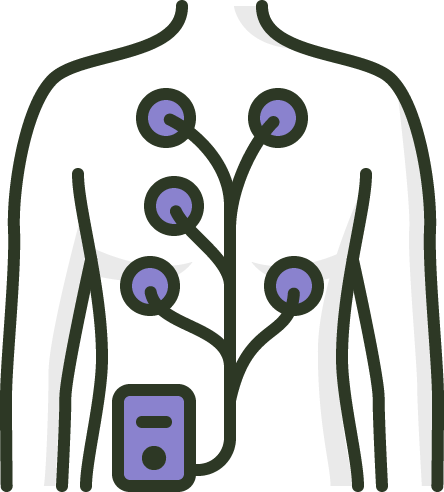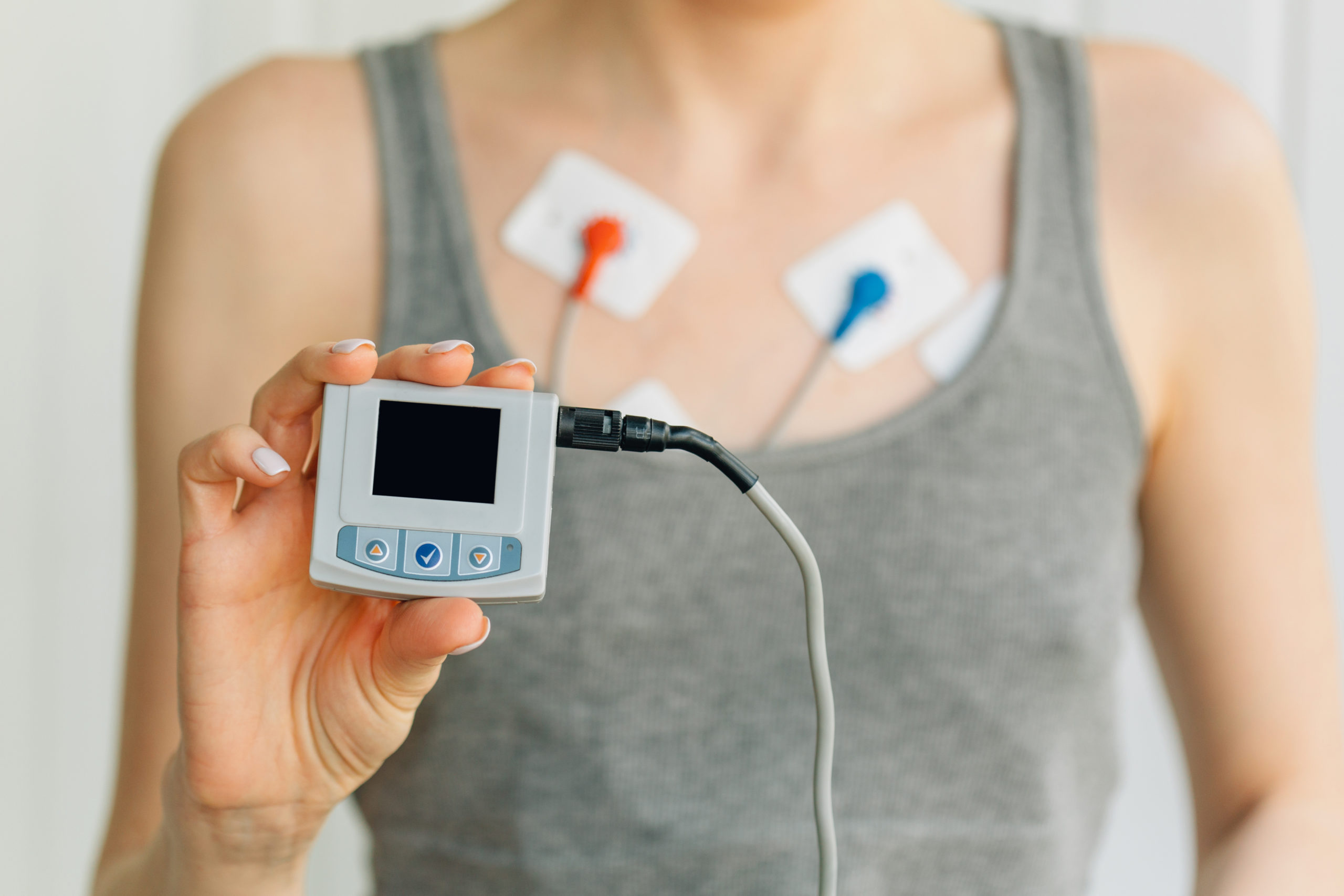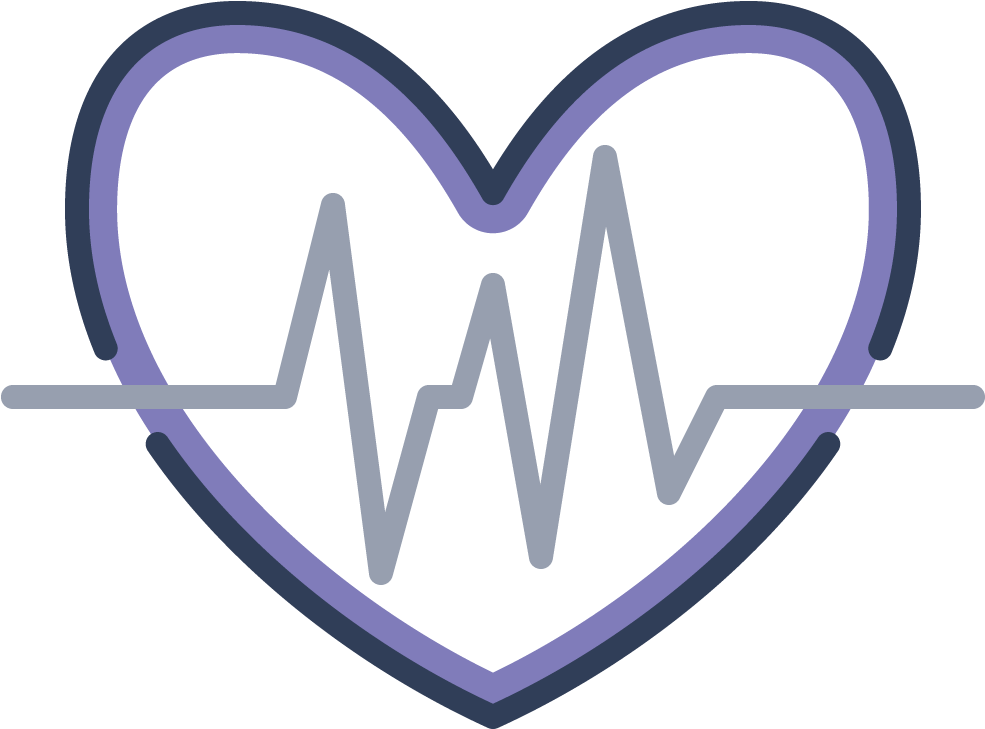Patient Resources
Provider Resources
Making the shift from stationary ECG tests to portable cardiac monitoring.

A Holter monitor is a battery-operated, portable electrocardiogram that records electrical heart activity for 24-48 hrs. It contains electrodes that attach to the skin and record natural electrical impulses as your heart contracts.
The Holter monitor detects how fast your heart beats, the rhythm of the heartbeats, and the strength and time of the electrical impulses. Doctors may prescribe the device to determine if your heart is getting enough oxygen, if medicine/pacemakers are working, or if you have any arrhythmias, which are irregular heartbeats. Holter monitors have less diagnostic yield (33 to 35%) than event recorders.
A patient with symptoms such as dizziness, fainting, or high blood pressure may get an ECG test at the doctor’s office. Because an ECG test only monitors a short time frame, it may not catch the irregularities of the heart. Your doctor may then prescribe a Holter monitor to be worn for an extended time period to get a more accurate analysis of your heart function.

Holter monitors are safe but do have limitations such as:


The main difference between a Holter monitor and an Event monitor is that the Holter monitor records your heart activity continuously over 24-48 hrs. The event monitor requires you to press a button when you feel a symptom, and then it records your heart activity for a short period.

The differences between Holter monitors and Mobile Cardiac Telemetry devices can be seen in the design and run time. Holter monitors are bulkier and last only 1-2 days at a time. Mobile Cardiac Telemetry devices are more portable and can record up to 30 days.
© OMETRI. All rights reserved. | Terms of Use | Privacy Policy